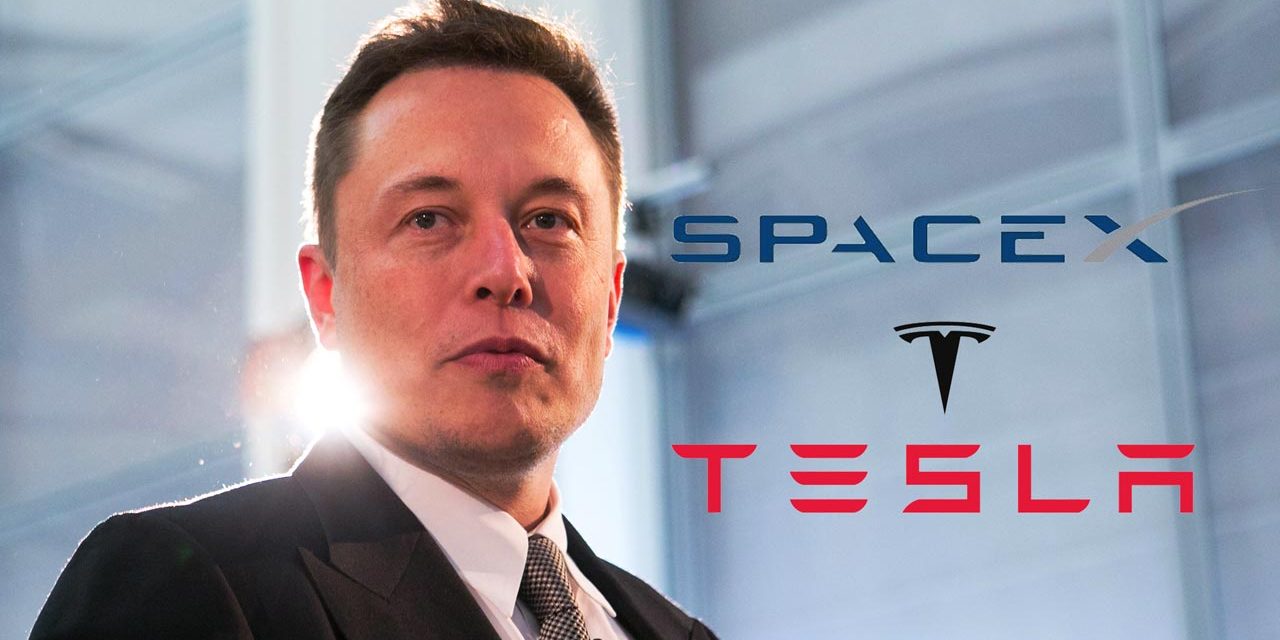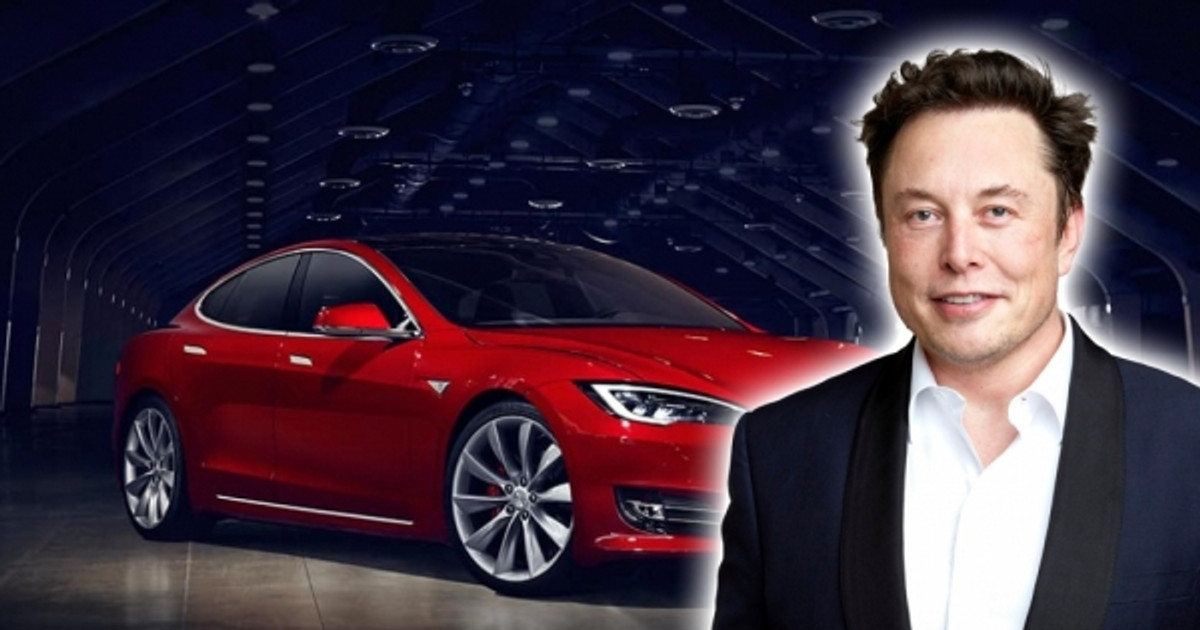Elon Musk has frequently touted X (formerly Twitter) as the platform destined to become the definitive source of global information, often justifying radical policy and product changes under the banner of creating a financially sustainable haven for high-quality creators. However, he recently highlighted what he considers the most critical flaw undermining this vision: the systematic exploitation of the Ad Revenue Sharing program by "engagement farmers" that threatens to collapse the ecosystem's integrity.
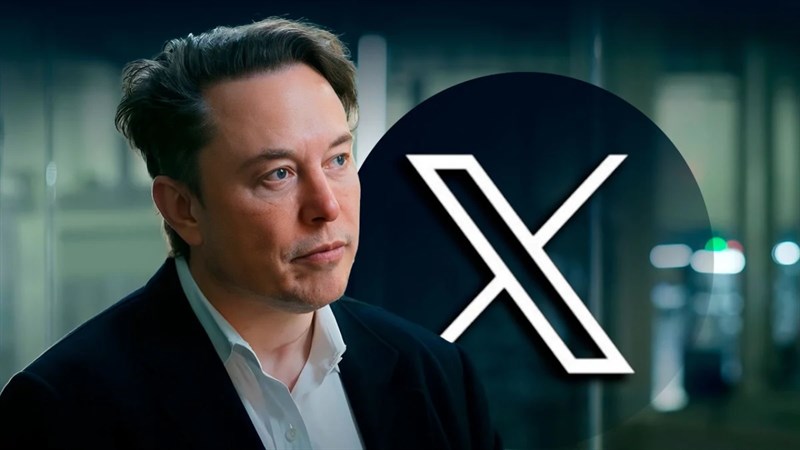
This flaw stems directly from the program’s core design—rewarding creators based on the number of impressions ads receive alongside their posts. While intended to incentivize original content creation, this mechanism has been aggressively gamed by opportunistic users who prioritize maximizing impressions and raw engagement metrics over delivering genuine value or quality. These bad actors, often termed "engagement farmers" or "content spammers," operate a highly cynical strategy: producing high-volume, low-effort, recycled, or purely clickbait content designed to trigger viral loops and maximize ad revenue exposure.
The Mechanics of Exploitation
The exploitation occurs because the revenue sharing algorithm is primarily sensitive to scale and velocity. Spammers quickly identify trending topics, create repetitive or slightly altered versions of viral posts, and employ coordinated sharing tactics to artificially inflate impression counts. This is a low-cost, high-reward strategy for them, as they invest minimal effort in originality but reap significant financial returns from the large volume of ad placements accompanying their artificially boosted posts.
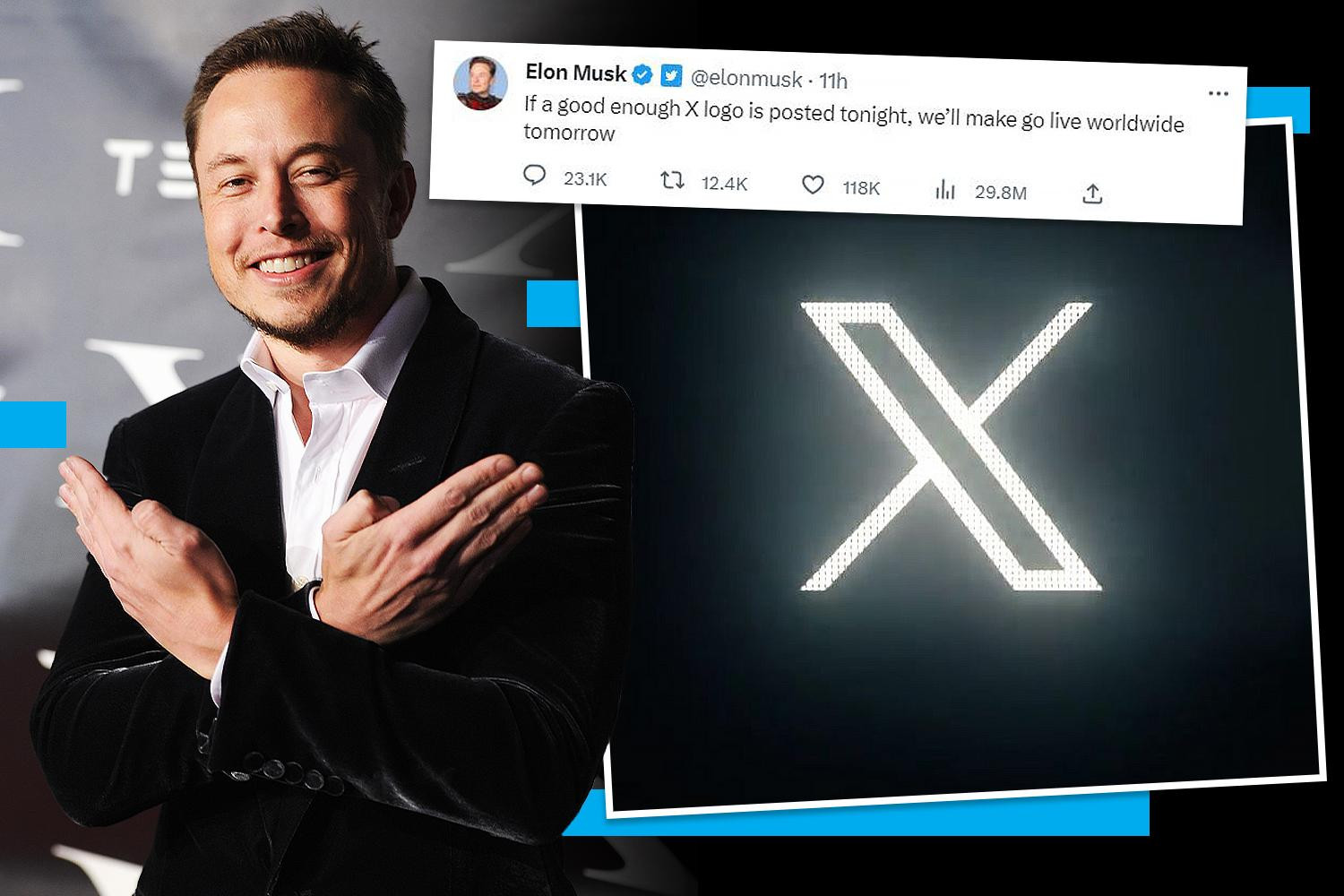
This content pollution creates two severe problems for X:
Degraded User Experience: Users scrolling through the timeline are inundated with low-quality, redundant, or misleading content, diminishing the core experience and driving away genuine users seeking substantive discussions or reliable information. This erosion of quality is fundamentally opposed to Musk's stated mission for the platform.
Financial Instability: The ad revenue pool, which is meant to reward all contributors, is disproportionately drained by these farmers. Legitimate, high-quality creators—journalists, experts, and artists—who invest significant time and effort into their content find their share of the revenue shrinking. This imbalance creates a toxic incentive structure: why produce something thoughtful when recycled memes pay better? This dynamic threatens to hollow out the platform’s value proposition for the very creators X intends to attract.
The Paradox of Rewarding Engagement
The fundamental difficulty lies in the paradox of rewarding engagement. Any system designed to financially incentivize "eyeballs" will inevitably attract those who are best at manipulating the system to get the most eyes, regardless of the ethical or qualitative cost. For X, this flaw exposes a critical tension between two major objectives: maximizing monetization and safeguarding content quality.
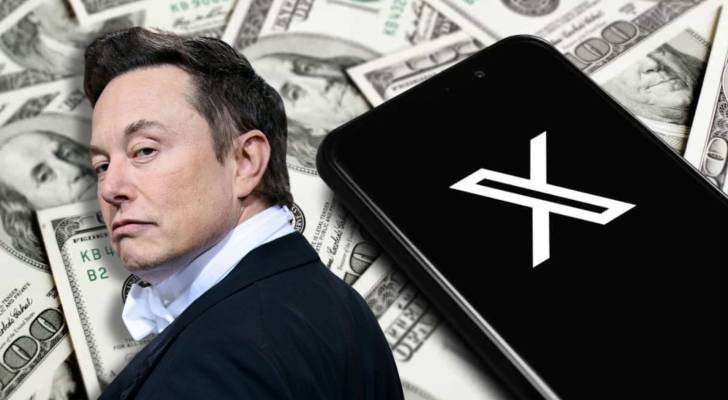
Musk’s vision for X relies on attracting advertisers who want their brands associated with high-value conversations and legitimate audiences. When engagement farmers dominate the feed, advertisers risk appearing next to low-grade or spam content, damaging trust and leading to reduced ad spending over time. The platform must therefore find a way to measure and reward quality and originality, not just raw visibility.
Proposed Solutions and the Path Forward
Addressing this flaw requires sophisticated algorithmic and policy interventions that go far beyond simple content moderation.
Firstly, X must move beyond raw impression counts as the sole metric for payout eligibility. Potential solutions include:
Quality Scoring Algorithms: Implementing advanced AI models (perhaps utilizing xAI’s Grok) to actively detect recycled content, clickbait patterns, and posts with extremely low time-on-page metrics. Payout eligibility could be tied to a minimum Quality Score derived from user reports, originality assessments, and subscriber feedback.
Subscriber-Based Rewards: Placing greater weight on engagement derived from verified, paying subscribers. If a post receives high engagement from non-subscribers who are likely spammers, the payout rate should be severely reduced. Conversely, engagement from highly valuable, long-term users should lead to exponential increases in revenue share.
Minimum Thresholds: Introducing technical barriers, such as a requirement for longer minimum viewing times for an impression to be considered revenue-eligible, making the "quick-scroll" farming strategy less profitable.
The "engagement farming" crisis is a direct consequence of X's rapid monetization rollout, prioritizing open rewards over robust guardrails. For X to truly become the financially viable "everything app" and the global information nexus Musk envisions, this war on spam must be won. The failure to do so risks alienating both high-value users and the advertisers that fund the entire ecosystem, reducing X to a less reliable, financially burdened platform dominated by noise.
